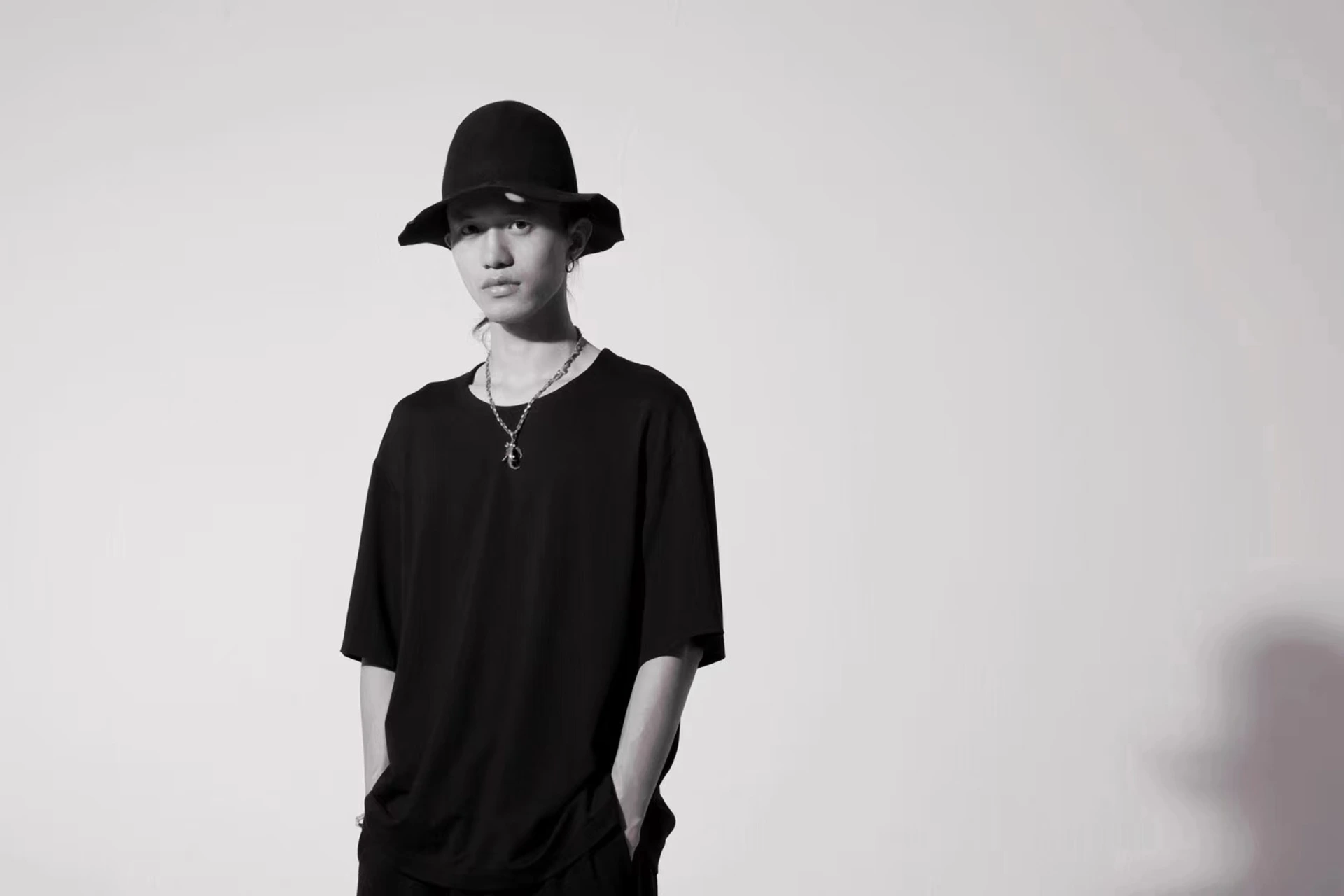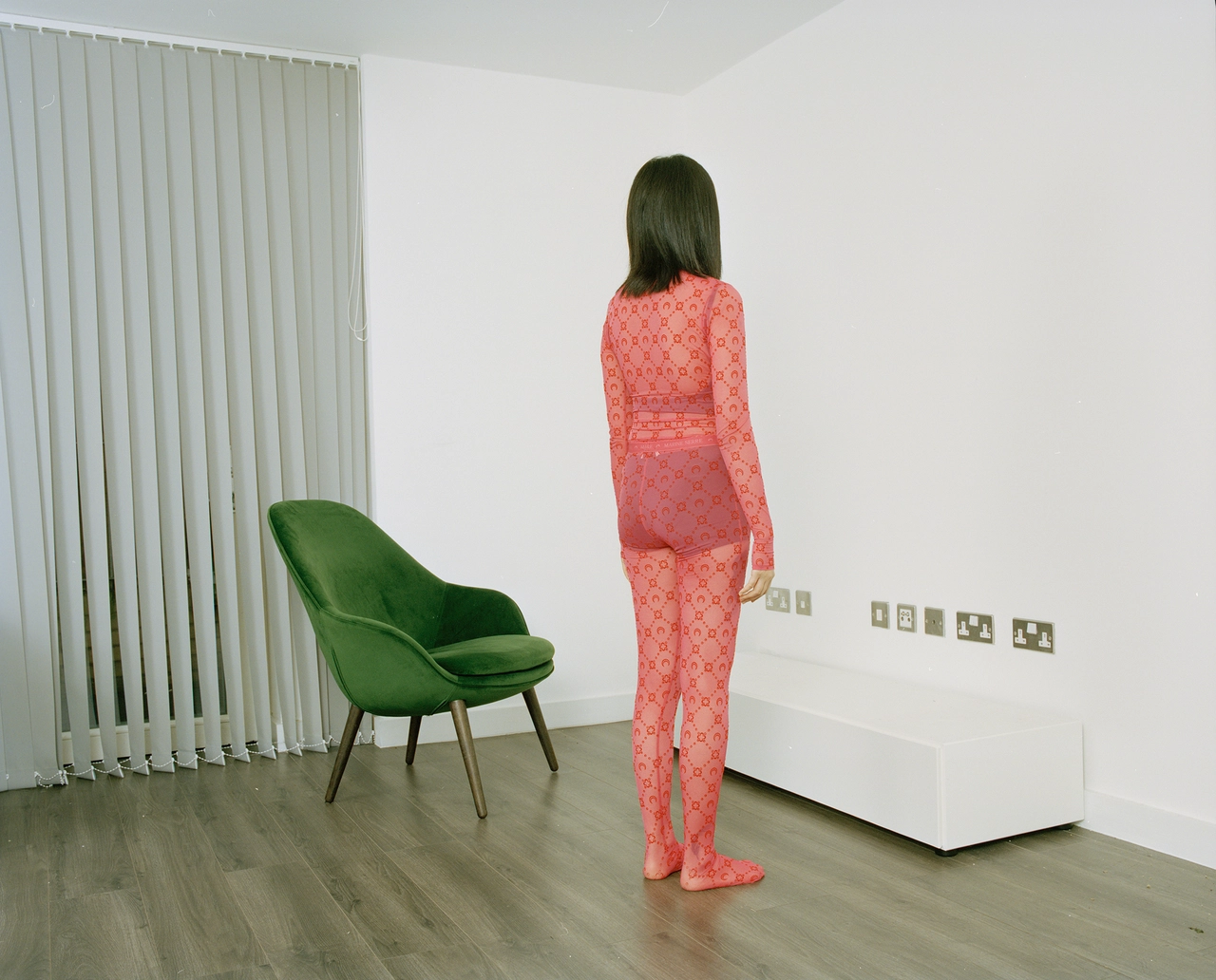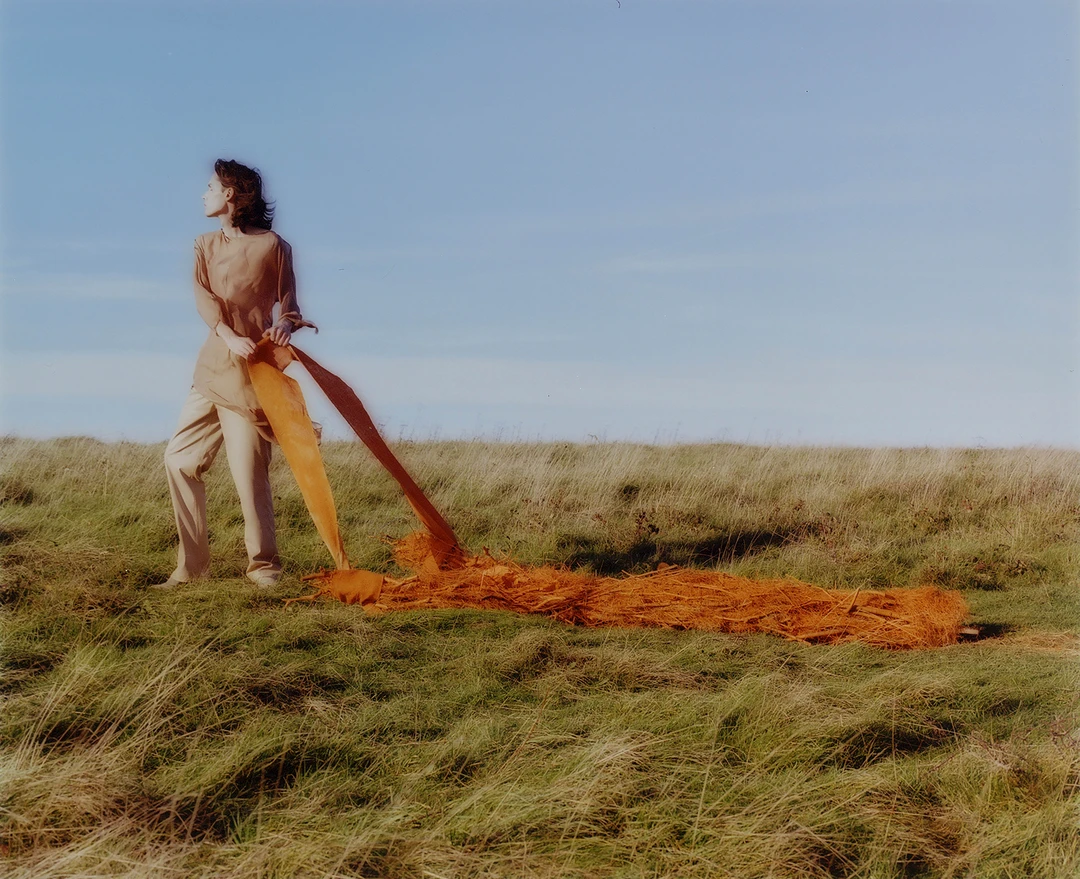Interview with Charles Chao Wang | An Inspirational Expressive Fashion Photographer

TSAM · THE DANCE OF GODS | Mongolian Culture
December 27, 2024
Ceramic Tourbillon Mechanical Watch | AGELOCER’s Pioneering Watchwork
December 27, 2024Charles Chao Wang
Charles Chao Wang is a fashion photographer whose inspiration comes from personal experiences, events and memories that have touched him in his life. His photograph expresses some social issues and phenomena that happen in society, something that he very well knows as a former wedding photographer. For him, photography is a medium for expressing himself and understanding himself further.
I was first introduced to photography in 2014 as a wedding photographer and whilst I found the ability of photography to capture moments fascinating, I was frustrated by the overly standardised process required to produce commercially viable images. This undermined the authenticity of the event and made me rethink my understanding of the industry.
In 2015, I switched to working as a fashion photography assistant and over the past three years, I have developed strong technical skills. However, I also observed the homogenisation and derivative nature of many Chinese fashion photography works. I felt marginalised when I tried to shoot from my own creative perspective. This experience, coupled with the fact that the Chinese education system and social environment do not encourage personal expression, compelled me to pursue postgraduate studies abroad.
At the University of the Arts London, I found my voice as an artist and established my research interest in the intersection of photography with psychology and therapy. My undergraduate and postgraduate studies equipped me with the technical skills of photography and developed my ability to critically analyse the social and cultural contexts of artworks, for which I developed a deep understanding of the complex interplay between personal experience, philosophical ideals and creative expression.
Especially during my postgraduate studies, my understanding of photography has changed dramatically, from the past, when I was simply pursuing the external visual, to the present, when I value the intrinsic essence. Photography is not only a job for me but also a medium for me to express myself and understand myself. It is a medium for me to express myself and understand myself. I try to break through the limitations of fashion photography and find more possibilities for myself.
There were two winning entries in total, of which Away Way is about my application of Taoist principles, utilising meditation and Zen practice as a guiding force, and using photography as a primary medium for digging deeper into my inner memories and longings. Through this creative process, the final outcomes constructed a serene and childlike utopia, symbolising a long-held dream.
In the context of contemporary Chinese society, this artistic endeavour assumes the role of countering the forces of control and restraint imposed on its inhabitants. It is my hope that the entire project will be a source of resilience and inspiration, enabling the viewer to liberate themselves from the shackles of powerful totalitarianism and embark on a journey of self-discovery and understanding.
Another work, Nobody Spaces is about the relationship and interaction between spaces and people. Inspired by the lockdown imposed in Shanghai during the pandemic. In the prolonged isolation, people's lives are disconnected from the outside world, each domestic space becomes its own little world, and the connection between the living space and the isolated space is not only a matter of the living space but also a matter of the people's lives.
In the prolonged isolation, people's lives are disconnected from the outside world, each domestic space becomes its own little world, and the connection between the living space and the isolated people is magnified as never before, domestic spaces include multiple meanings to people. I would like to explore the individual characteristics of people's domestic spaces and how they reflect their personal identities.
I chose these two projects to participate in the competition because they are the most representative of my work so far.
Charles Chao Wang
Charles Chao Wang is a fashion photographer whose inspiration comes from personal experiences, events and memories that have touched him in his life. His photograph expresses some social issues and phenomena that happen in society, something that he very well knows as a former wedding photographer. For him, photography is a medium for expressing himself and understanding himself further.
Read about the interview with Alexandra Surkova | An Accomplished Professional Wildlife Photographer here.



